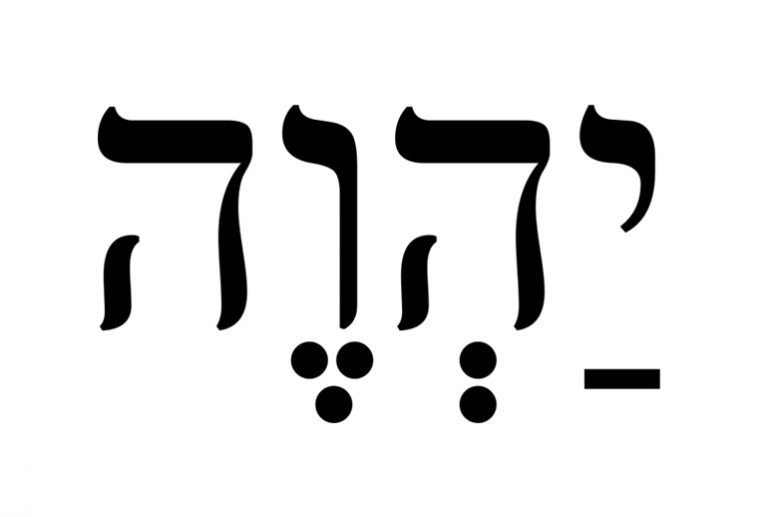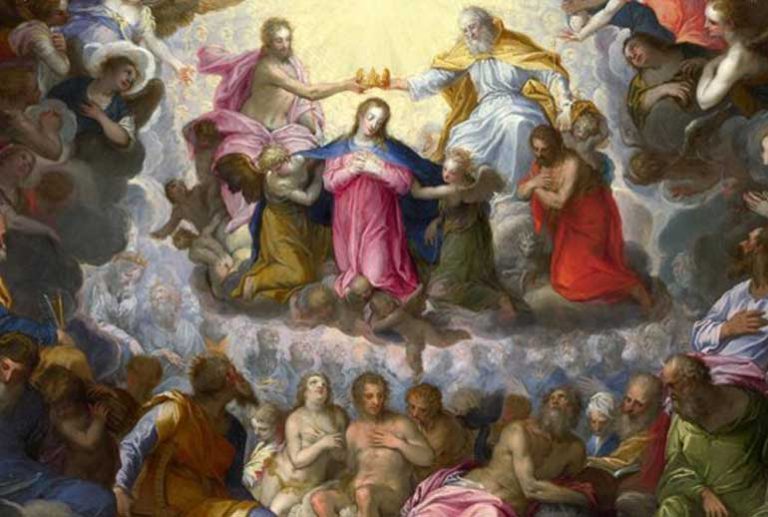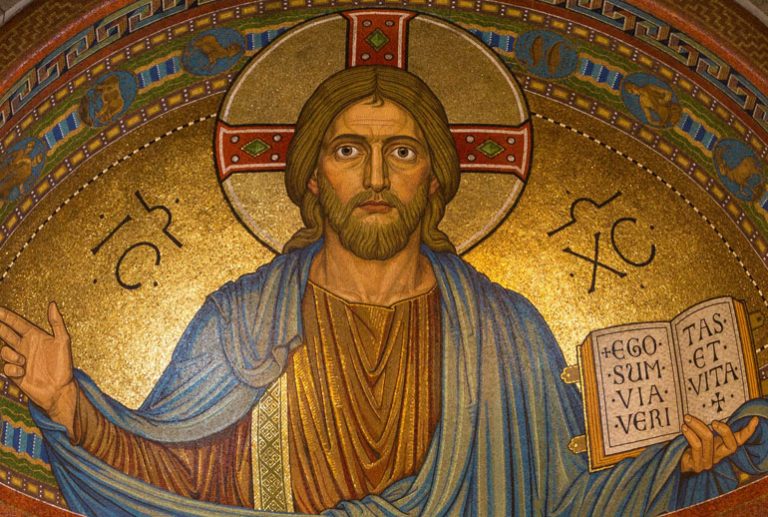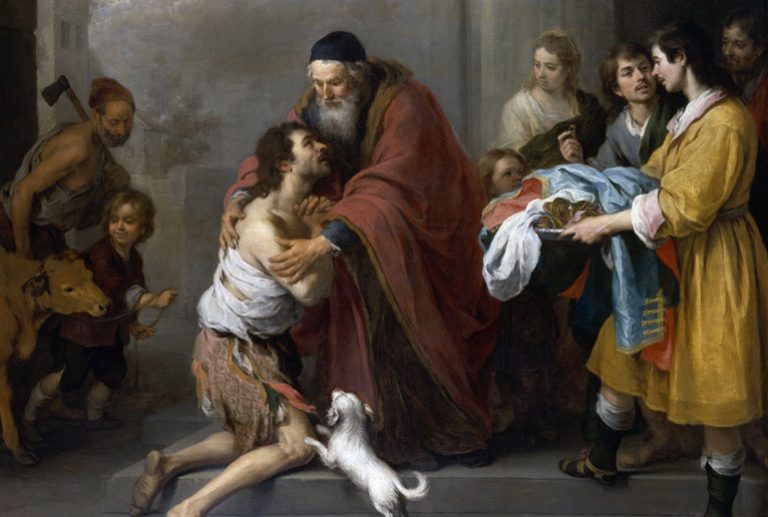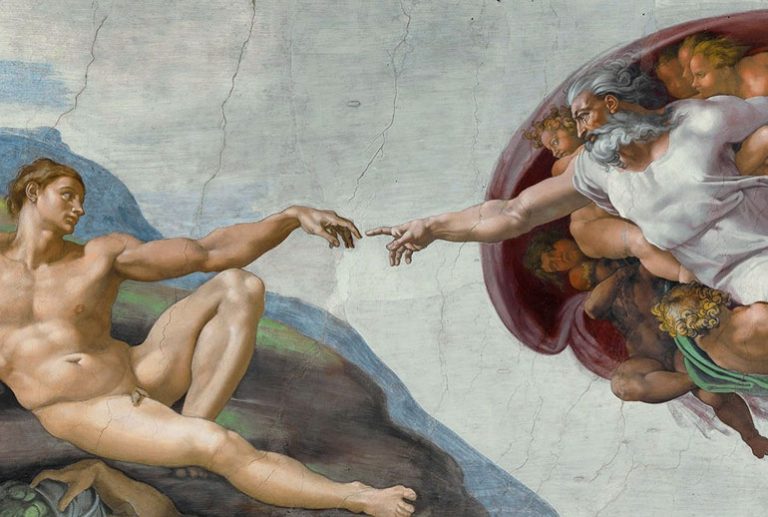God is not one of those mythical deities imagined by ancient writers, commonly found in what we now call mythology—gods who shared the same flaws and passions as human beings. These deities were often portrayed as jealous, angry, envious, and vengeful, but also as capable of love, generosity, and compassion. Their moods shifted depending on the moment, and they were frequently depicted as bored wanderers on Earth, sometimes seduced by women, betraying their celestial consorts.
God is not a violent warrior who imposes truth through wars and destruction, as some extremist ideologies portray Him—claiming that violence is divinely sanctioned.
God is not a cosmic police officer, hiding behind us, waiting to catch us in wrongdoing and immediately punish or correct us, like a stern earthly parent watching over our every move.
God is not a force of energy diffused through nature, feeding our bodies and souls, as some pantheistic or spiritualist perspectives suggest.
God is not a puppeteer who manipulates our lives for amusement—sending punishments in the form of illness, failure, or ruin when we misbehave, or dispensing rewards such as health, wealth, fame, or power when we behave.
God is not a narcissist, requiring constant praise and worship to be satisfied, as though His love for us were conditional on our level of devotion.
God is not the so-called “god of the gaps”—a convenient placeholder for phenomena we do not yet understand, such as rain, fire, or eclipses. As scientific understanding fills these gaps, this kind of “god” inevitably diminishes until disappearing altogether.
God is also not a vague blend of all these mistaken concepts—assembled in our minds and hearts based on life experience, cultural background, or upbringing. Unfortunately, when our understanding of God is immature or misinformed, these flawed images can lead us astray, distorting our journey toward the true image of the Father that Jesus revealed—especially in the parable of the prodigal son.
A man had two sons. The younger said to his father, ‘Father, give me the share of the estate that will come to me.’ So, the father divided his property between them. A few days later, the younger son gathered all he had and went off to a distant country, where he squandered his wealth in a life of debauchery. After he had spent everything, a severe famine struck that country, and he began to feel the pinch. So, he hired himself out to a local inhabitant who sent him to his farm to tend the pigs. He longed to fill himself with the pods the pigs were eating, but no one offered him anything. Then he came to his senses and said, ‘How many of my father’s hired workers have more than enough to eat, and here I am starving to death! I will set out and go back to my father and say to him: “Father, I have sinned against heaven and against you. I am no longer worthy to be called your son; treat me as one of your hired workers.”’ So, he set out to return to his father.”
“While he was still far off, his father caught sight of him and was filled with compassion. He ran to his son, embraced him, and kissed him. Then the son said, ‘Father, I have sinned against heaven and against you. I am no longer worthy to be called your son.’ But the father ordered his servants, ‘Quickly, bring out a robe—the best one—and put it on him. Put a ring on his finger and sandals on his feet. Bring the fattened calf and kill it. Let us feast and celebrate, for this son of mine was dead and has come back to life; he was lost and has been found.’ And they began to celebrate.”
“Meanwhile, the older son was in the field. As he came near the house, he heard music and dancing. He called one of the servants and asked what was happening. The servant replied, ‘Your brother has returned, and your father has killed the fattened calf because he has received him back safe and sound.’ The older brother became angry and refused to go in. His father came out and pleaded with him. But he answered his father, ‘All these years I have worked for you like a slave and never disobeyed your orders. Yet you never gave me so much as a young goat to celebrate with my friends. But now that this son of yours returns after squandering your wealth with prostitutes, for him you kill the fattened calf!’ The father replied, ‘My son, you are always with me, and everything I have is yours. But we had to celebrate and rejoice, because this brother of yours was dead and has come back to life; he was lost and has been found.’ (Luke 15:11–32)



